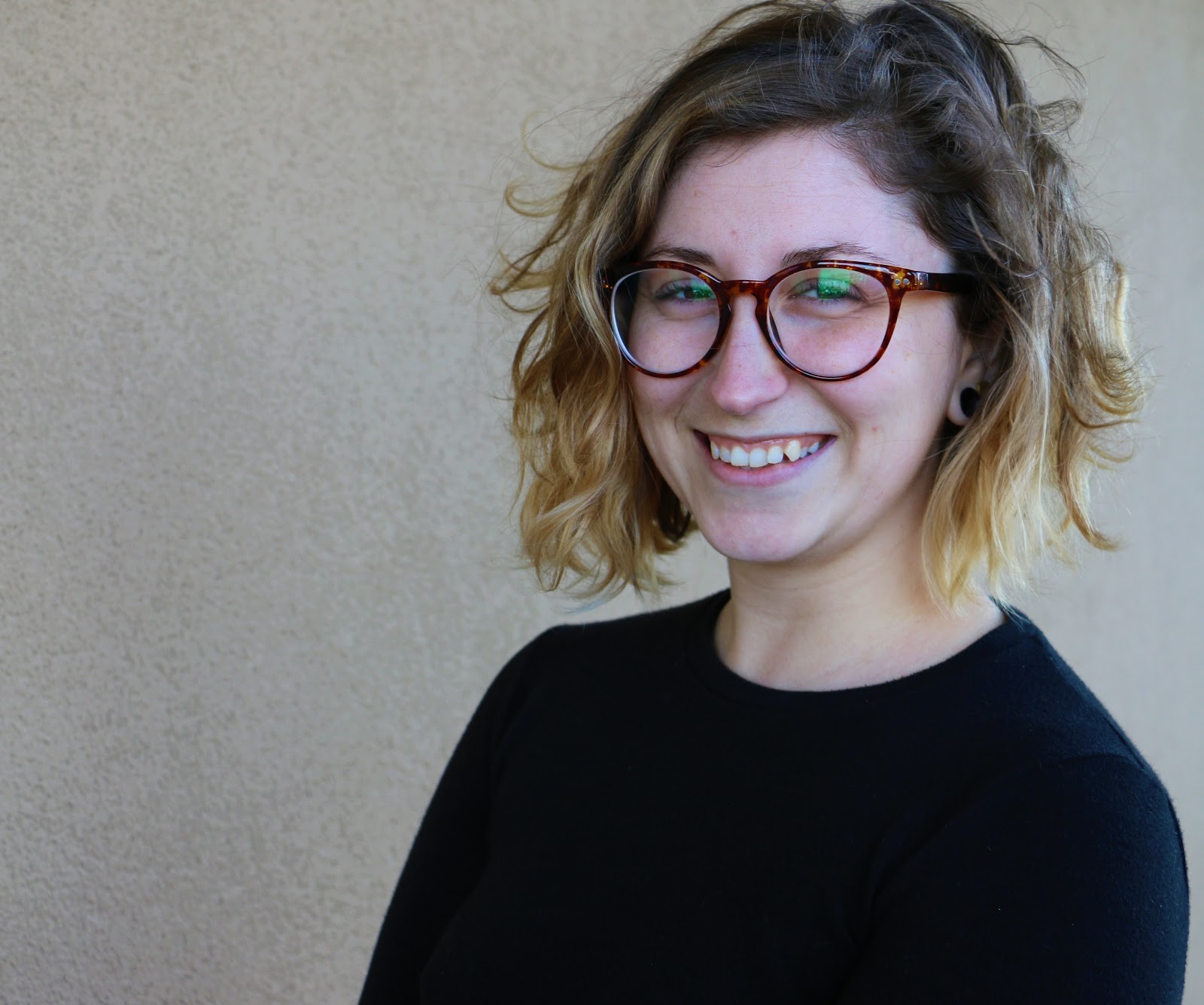
Kathryn Willgus C’16 was nervous about coming to Sewanee freshman year. “I didn’t know many other bisexual people in high school, in Appalachia, so I figured Sewanee would not be much different,” she says. However, the community that she found in 2011 was on the verge of explosive growth.
When asked about the LGBTQ+ community in her first years, she answered, “It was very small when I first arrived on campus, and rather closeted. There was a handful of seniors during my first year that came out or pushed the conversation further towards the forefront in other ways.” This first year triggered an increase in LGBTQ+ student activity and visibility. She says, “With the influence of those brave few, queerness in Sewanee became significantly more public and accepted.”
Willgus quickly became very active in the community. She describes her involvement, saying, “During my time on campus I held positions in Spectrum for 2.5 years, I lived in the GSD House two years and directed it my second year, and often brought the queer community into conversation during my time co-directing the Women’s Center. In this time I planned and organized successful events, such as “Bi The Way: Stories from the Bisexual Spectrum,” Coming Out Week, Breaking the Silence Week, transgender comedian Ian Harvie’s stand up performance, and many more.”
While Willgus was a student, she was involved in the sorority Alpha Delta Theta and Spectrum in addition to the GSD House (now the Queer & Ally House) and the Bairnwick Women’s Center. This involvement in a strong community helped her become herself. As she puts it, “Sewanee was where I grew into my queerness and my activism. The domain always has and always will be a place where I feel safe and comforted, as well as a place that will always hold significance with me given how much I learned in my time there.”
“I loved learning more about the queer community, particularly the history of the movement. These are not exactly things you are taught in high school, so having more open-minded classes like Women’s and Gender Studies and knowing other, more experienced queer people helped me a lot,” she says, describing her favorite aspects of Sewanee’s LGBTQ+ community.
At Sewanee and beyond, she has spent her time bringing the LGBTQ+ community into her work and conversations to increase visibility and normalize the acknowledgement of LGBTQ+ identifiers.
“After graduating I received a Fulbright Grant, in which I was extended the opportunity to teach English in Russia, where I would educate on and advocate for the queer community in as many instances as possible. I find myself often doing the same with the eleven year old I currently teach in New Orleans,” she says.
To new students, she says, “Never stop learning, growing, or fighting. Learn when to call in and educate or when to call out and reprimand--and use that skill to the best of your ability. Finding other queer folks to spend time with is not exclusive or closed-minded, but can really be a form of self-preservation and self-care.”

